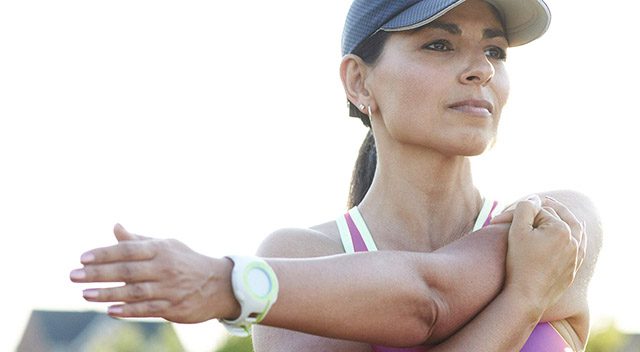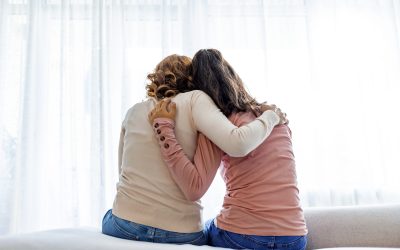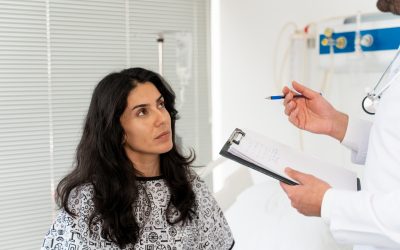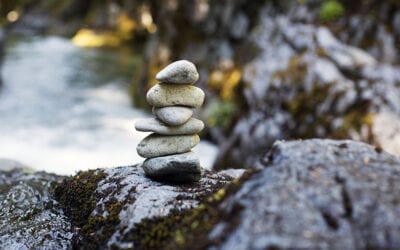Some women ask me whether they can still wait to start their family. The answer is, it depends. It depends on two main questions. First, how important is it to you to ultimately have a biologic child with your own eggs (the more important it is to you, the earlier you need to start). Second, how many biologic children do you want to have (a goal of having two or more children takes more time and planning than for one child).
A recent evidence-based simulation study showed that in order to have at least a 90% chance to realize a one-child family, women should start trying when 35 years of age or younger. For two children, the latest starting age is 31 years, and for three children 28 years. When women accept a 75% or lower chance of family completion, however, they can start 4 or more years later. These are astounding numbers!
Some women aren’t ready to start their family yet because they have been prioritizing their career. Some women aren’t ready because they don’t have a partner. For some, it is both. Regardless of your unique circumstances, starting to try to conceive as soon as you are ready will always lead to the highest probability of success.
“As reproductive specialists, we rarely tell women it is okay to wait.”
If you’re truly not ready but feel that time is escaping you, then fertility preservation with egg freezing may be an option. Women who are older who are hoping for two children may ultimately do both (first freeze eggs, then try to conceive) to maintain the highest chance of achieving their goals: i.e. family building options are not mutually exclusive. It is important to know that egg freezing is not an insurance policy.
Unfortunately, there is simply no number of frozen eggs that can guarantee a future baby. Reproduction just doesn’t work that way. However, egg freezing does improve your chances – sometimes dramatically – of completing the family you’ve always hoped for. Think of egg freezing as a gift from your younger self to your older self.
Biologic aging is very real and ultimately cannot be circumvented. The crux of the issue lies within the quality of the eggs themselves; there is not any other major limiting factor. If you are considering fertility preservation, then it is important to do it when you still have fertility potential to preserve. We often see women come to us too late in the process for optimal outcomes, in their early- to mid-40’s when egg quality is already low.
It may be younger than you think. Because egg quality is highest in younger women, freezing will be most effective when done by age 34. For maximal cost-effectiveness, however, freezing by age 37 is optimal. This takes into account the fact that not everyone will need to come back to utilize those eggs, and it also assumes a goal of only one child which may or may not meet your own personal goals. So again, the answer is, it depends.
What would your older self say?
For more information about egg freezing, click here.




